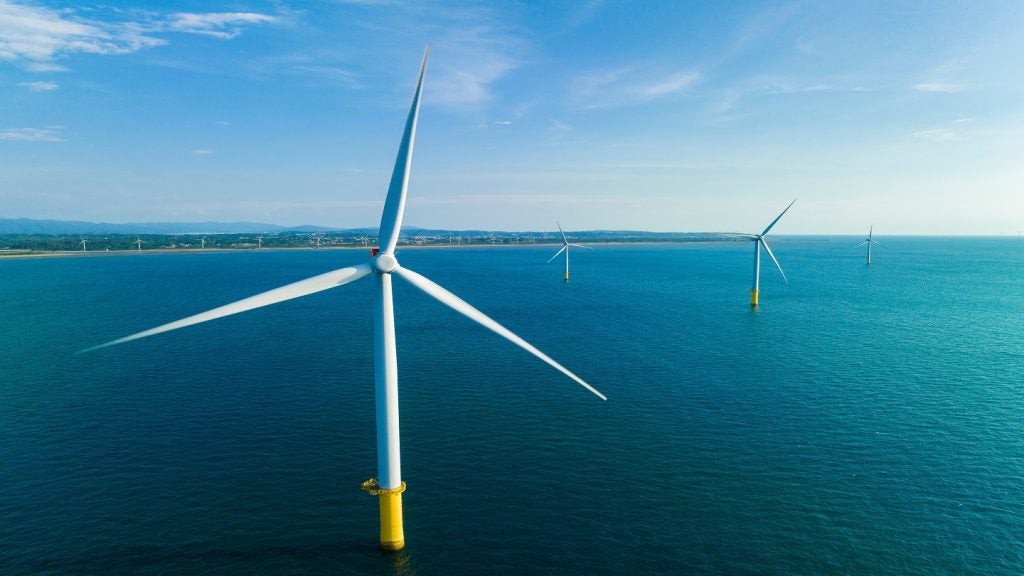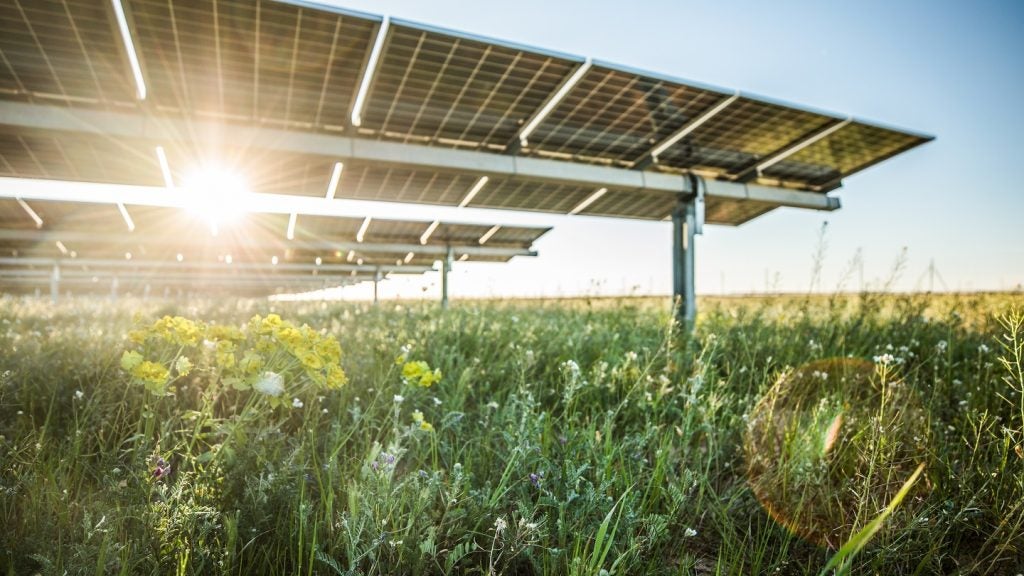
Mexico’s government has consolidated its control over more than half of the country’s power industry following state utility Comision Federal de Electricidad’s (CFE) 102.34bn peso ($6bn) purchase of a majority stake in Iberdrola.
Last Thursday (15 February), Mexico’s antitrust regulator Cofece approved the sale of 12 natural gas-fired power plants and a wind farm to the CFE amid what analysts have described as “a persistent trend against private investment”.
The move sees the government secure 55% control of Mexico’s power generation market, up from roughly 39% before, on condition that the energy assets are operated independently.
AMLO’s aims
This latest episode in Mexico’s power industry saga is in keeping with the “new nationalisation” strategy of President Andrés Manuel López Obrador, known as ‘AMLO’, who has repeatedly accused Iberdrola of corruption.
The CFE-Iberdrola deal demonstrates AMLO’s desire to reduce dependence on foreign companies and bring Mexico’s electricity sector under state control.
“Mexico’s move, a mere eleven years after liberalisation, underscores a persistent trend against private investment,” says Paul Hasselbrinck, upstream analyst at GlobalData. “It follows the scrapping of the Ley de Industria Electrica, which was ruled to be providing unfair competitive conditions to private generators.”
How well do you really know your competitors?
Access the most comprehensive Company Profiles on the market, powered by GlobalData. Save hours of research. Gain competitive edge.

Thank you!
Your download email will arrive shortly
Not ready to buy yet? Download a free sample
We are confident about the unique quality of our Company Profiles. However, we want you to make the most beneficial decision for your business, so we offer a free sample that you can download by submitting the below form
By GlobalDataMadrid-headquartered Iberdrola has agreed to relinquish 75% of its Mexico capacity, while CFE is poised to gain 8,539MW of energy across the 13 sites.
But concerns remain among analysts, environmentalists and taxpayers.
“Key issues involve CFE’s ongoing losses and fiscal implications for taxpayers with state-controlled utility prices,” Hasselbrinck tells Power Technology. “There is also the risk of further inefficiencies arising from the CFE’s expanded monopoly in the generation to distribution chain.”
Environmental disregard?
When the deal was first agreed in April 2023, AMLO said acquiring the electricity plants would be 30% cheaper than building from scratch.
AMLO’s claims have been met with some scepticism.
Two-thirds of the power plants being acquired by the CFE are around two decades old, prompting claims that AMLO’s $6bn would have been better spent on renewable projects in line with Mexico’s climate pledges.
“Iberdrola’s strategic divestment from old carbon-intensive assets contrasts with critics questioning the Mexican government’s commitment to climate targets, given the cleaner energy matrix maintained by private generators,” Hasselbrinck adds.
Mexico has come under fire for subpar climate policies.
Along with Russia and Turkey, Mexico was the only G20 member to have its environmental pledges rated “critically insufficient” by Climate Action Tracker.
Unlike Russia and Turkey however, Mexico has not even pledged to reach net zero by 2050 – despite consistent sunshine and wind creating strong forecasts for renewable energy.
While AMLO’s nationalisation reforms have divided opinion, they also fit in with a wider reform across leftist governments in Latin America.
Brazil is an obvious example, with President Lula relying on state-controlled capitalism for its power and oil industries, but there are also similarities in Colombia’s tightening grip over energy prices.
Hasselbrinck acknowledges this “shared and keen interest in heightened state control on energy prices”, but points to differences in outcome and regulation.
“Colombia's deeper liberalisation and decentralisation of the power market has resulted in President Petro resorting to the regulatory body as a tool, rather than a national state-run power generator,” Hasselbrinck concludes. “The regulatory body, CREG, has been given increased ability to control prices, which has sparked uncertainty and worry amongst investors, who continue to engage the government to find the best compromises.”







